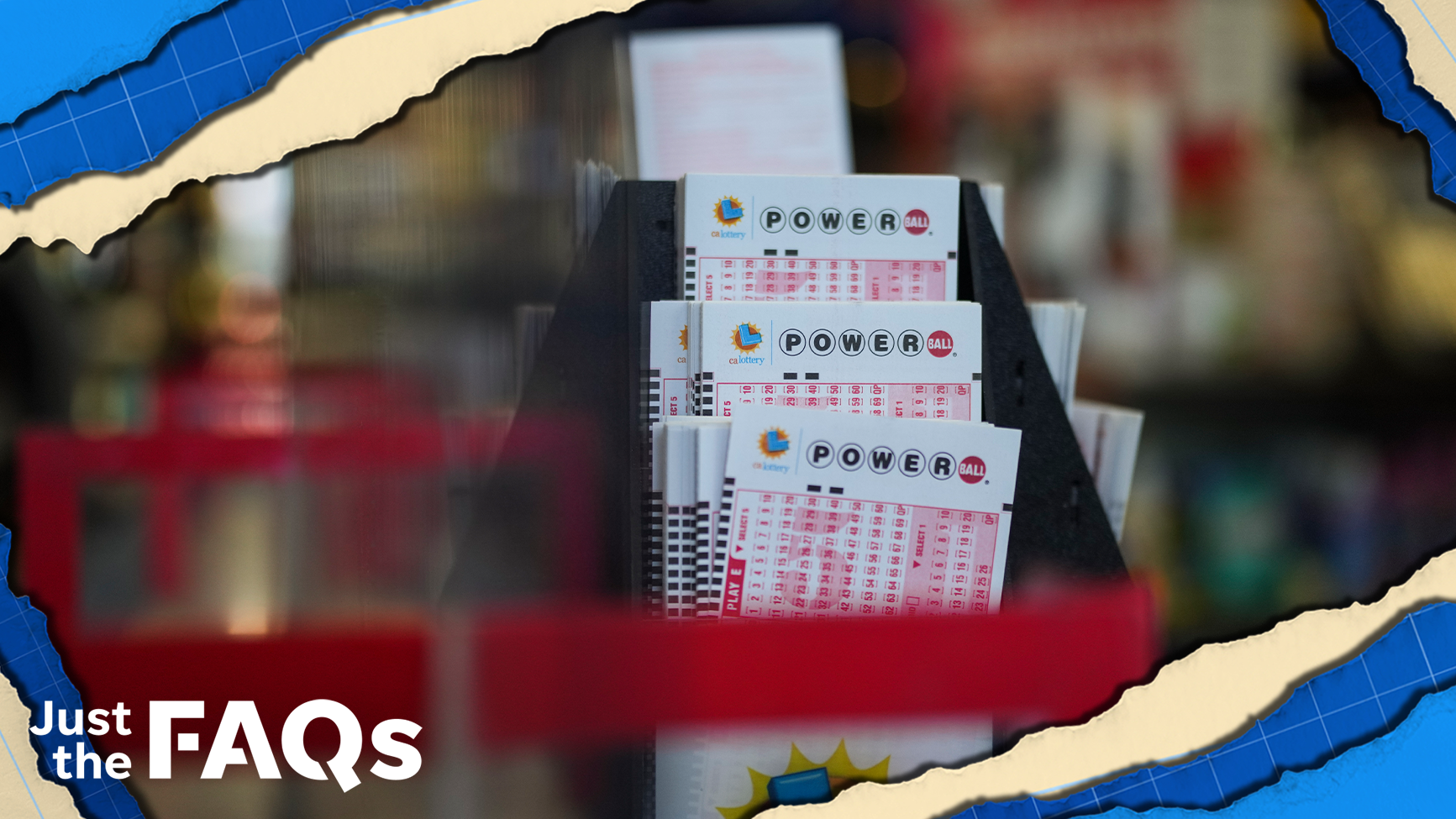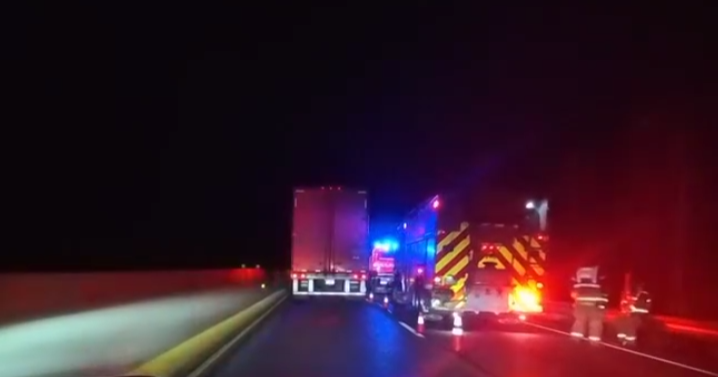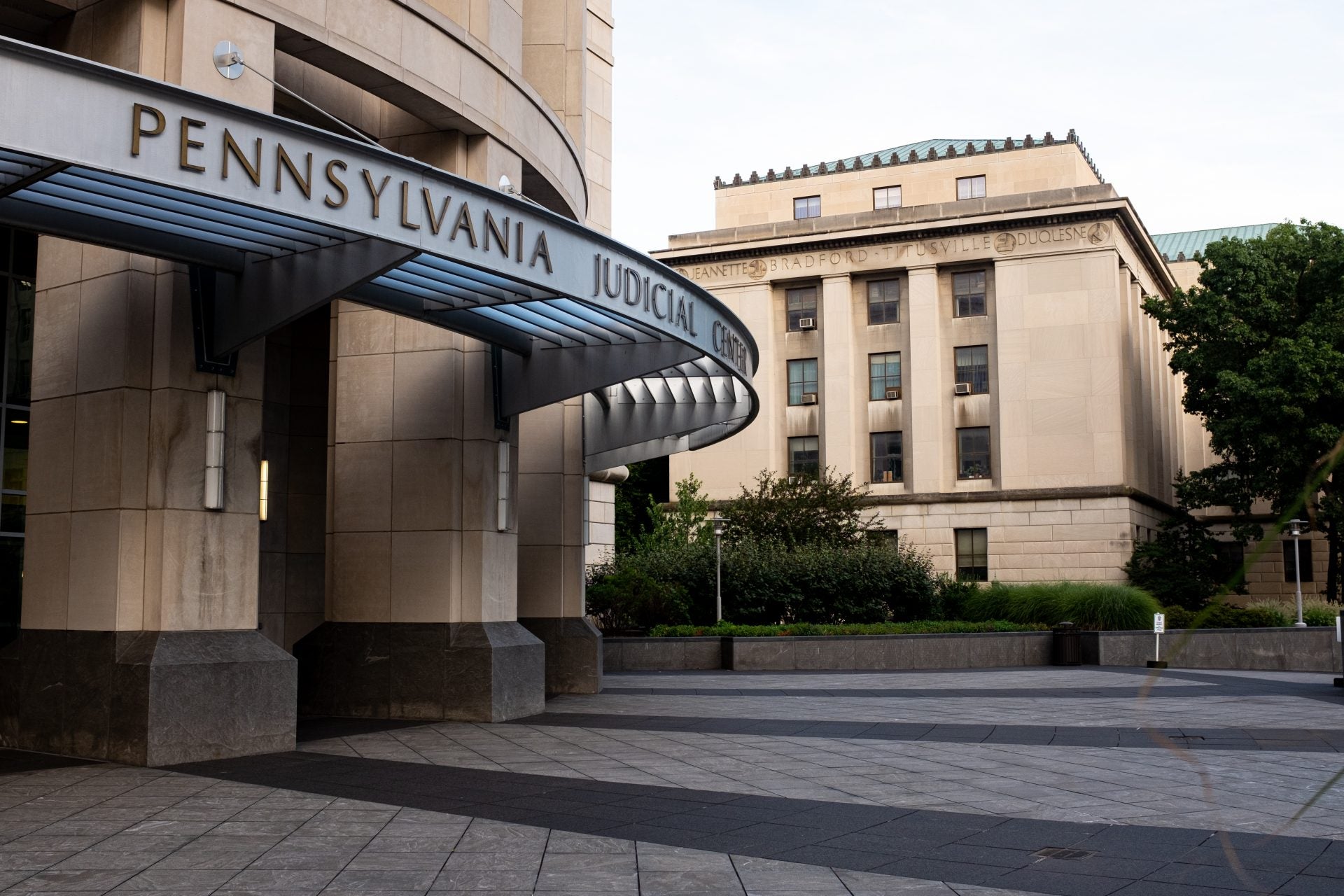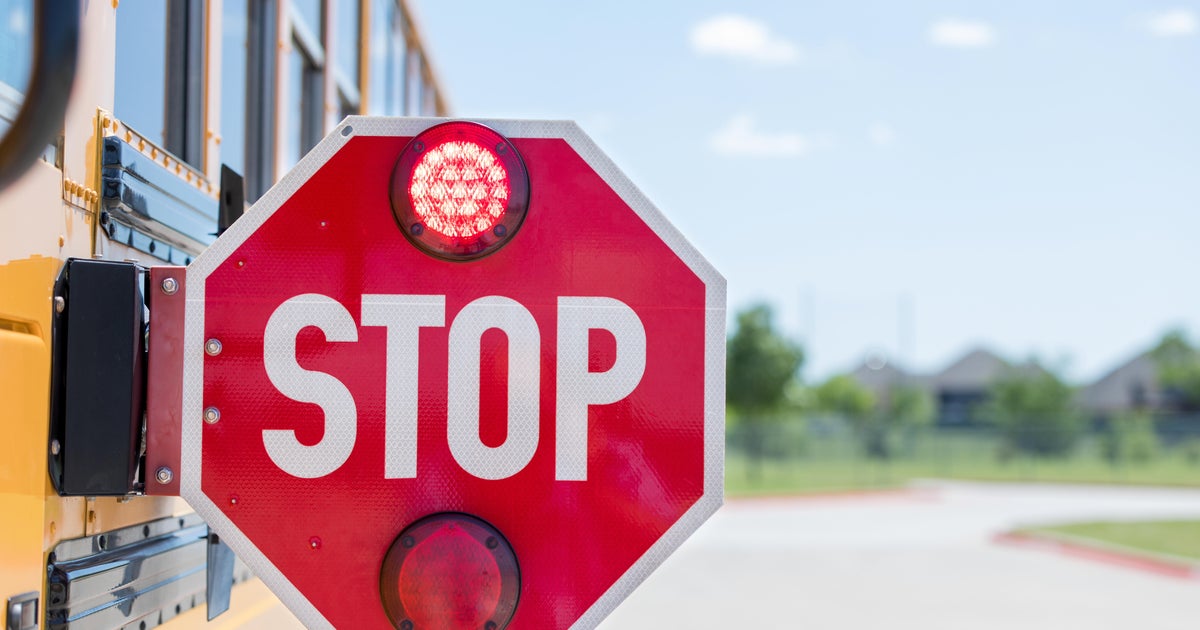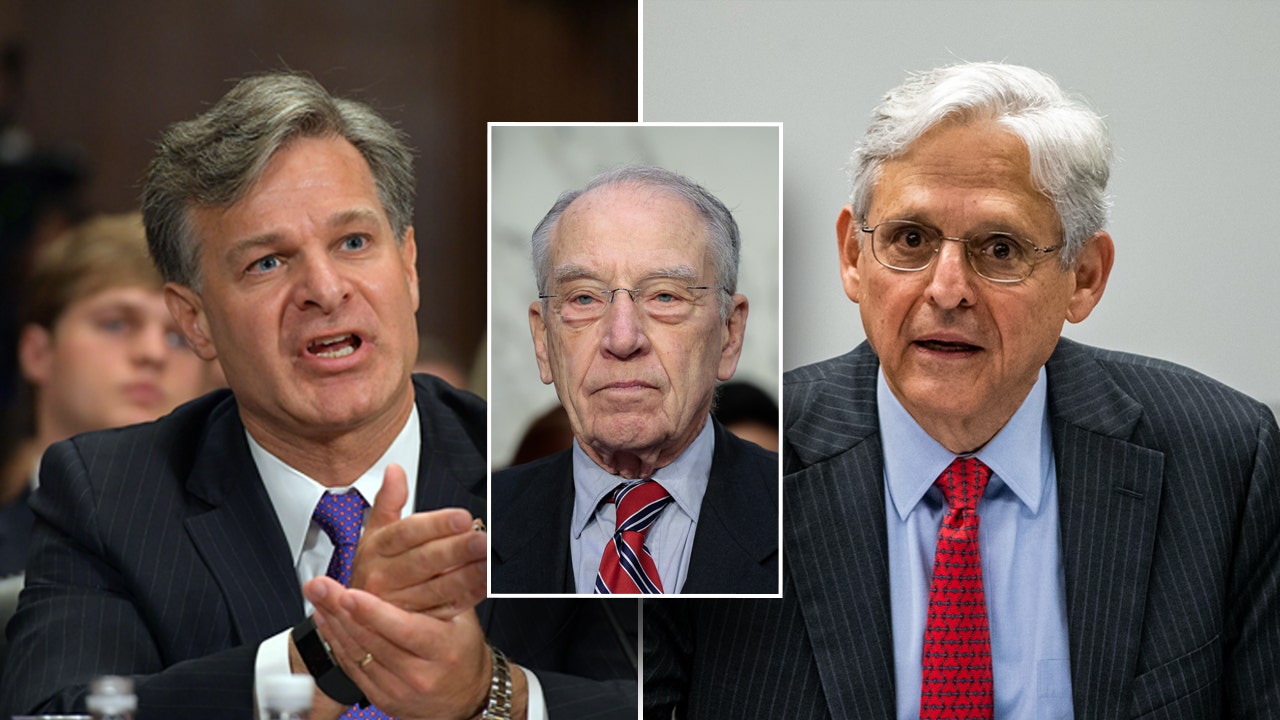What questions do you have about the 2025 elections? What major issues do you want candidates to address? Let us know.
In Pennsylvania’s 2025 general election, voters will determine who joins one of the commonwealth’s most powerful courts: the Superior Court, which handles thousands of criminal, civil and family appeals cases each year and is often the final word in justice for many residents across the commonwealth. The court’s decisions can shape everything from parental custody arrangements to criminal sentencing and consumer protections to business issues.
Three candidates — Democrat Judge Brandon Neuman, Republican Maria Battista and Daniel Wassmer of the Liberal Party — are vying for an open seat. Meanwhile, Democratic Judge Alice Beck DuBow is seeking a new 10-year term in a separate retention vote.
The Superior Court is one of two intermediate appellate courts in Pennsylvania, which review decisions from the state’s 67 county courts. The Superior Court has the final say on around 97% of its decisions which are not successfully appealed to the state Supreme Court.
“Do you want your communities to be safe? All criminal matters if appealed … go to the Superior Court. I ask people, ‘Do you care about your families, your children, your grandchildren?’ All matters related to families and children go to the Superior Court,” Maria Battista, the Republican nominee, told PCNTV last month. “Do you care about your property rights? Property issues go to the Superior Court.”
Here’s who is running:
Judge Brandon Neuman
Judge Brandon Neuman ran uncontested in the Democratic primary. He currently serves on the County Court of Common Pleas in Washington County, where he is a lifelong resident. He graduated from the University of Richmond and Duquesne University Kline School of Law, and practiced trial law before being elected to the Pennsylvania House of Representatives in 2017, where he served four terms. He ran for lieutenant governor but lost in the primary.
He says his time as a lawmaker shaped how he views the role of the appellate bench.
“You learn about how the law is created and then, as a judge, you understand that we are not lawmakers,” he said in an interview with PCNTV. “You have to respect and appreciate how hard it is to make a law and then take a step back as a judge and say we have to follow the law and the constitution. That is our job.”
His legislative work included authoring the Debbie Smith Act, which was aimed at ending Pennsylvania’s backlog of untested rape kits.
In a notable 2024 ruling, Neuman ordered Washington County to notify voters if their mail ballots contained errors that could prevent them from being counted, a decision that was upheld by successive higher courts.
He said he sees the judiciary’s biggest challenge as “rebuilding public trust” in an era of widespread skepticism toward government institutions.
“Right now, the courts generally have the lowest approval rating that they’ve had probably in modern history,” he said. “You don’t come to court voluntarily. It’s not something that you enjoy. And so really just making sure … that this process is going to be fair, it’s going to be impartial. I’m going to listen to you and I’m going to follow the law.”
The Pennsylvania Bar Association’s Judicial Evaluation Commission rated Neuman “Highly Recommended,” citing his judicial record and demeanor. He has received endorsements from several labor unions, including the American Federation of State, County and Municipal Employees Council 13, the Pennsylvania State Education Association, International Brotherhood of Electrical Workers and the Pennsylvania AFL-CIO. He is also endorsed by the Fraternal Order of Police Pennsylvania State Lodge, Pennsylvania State Troopers Association and Pennsylvania Sheriffs’ Association.




